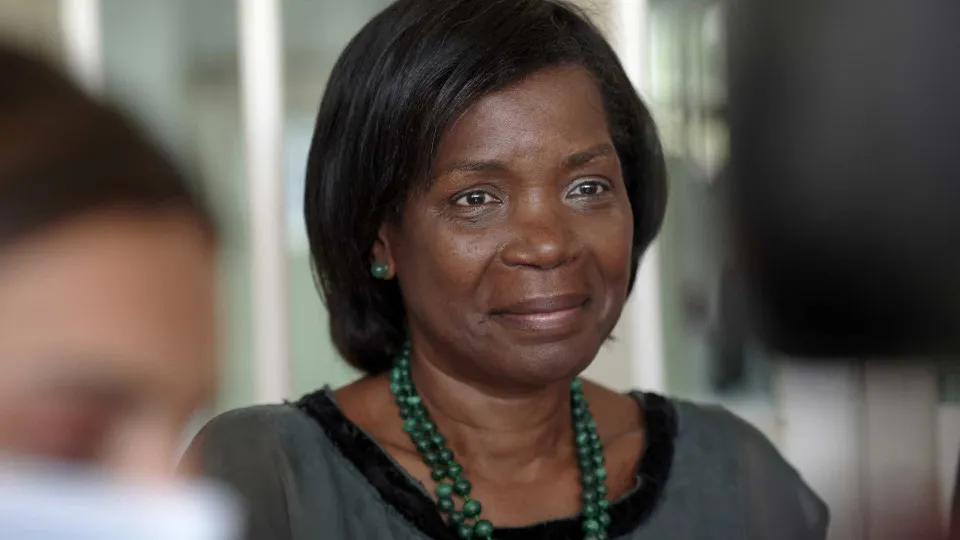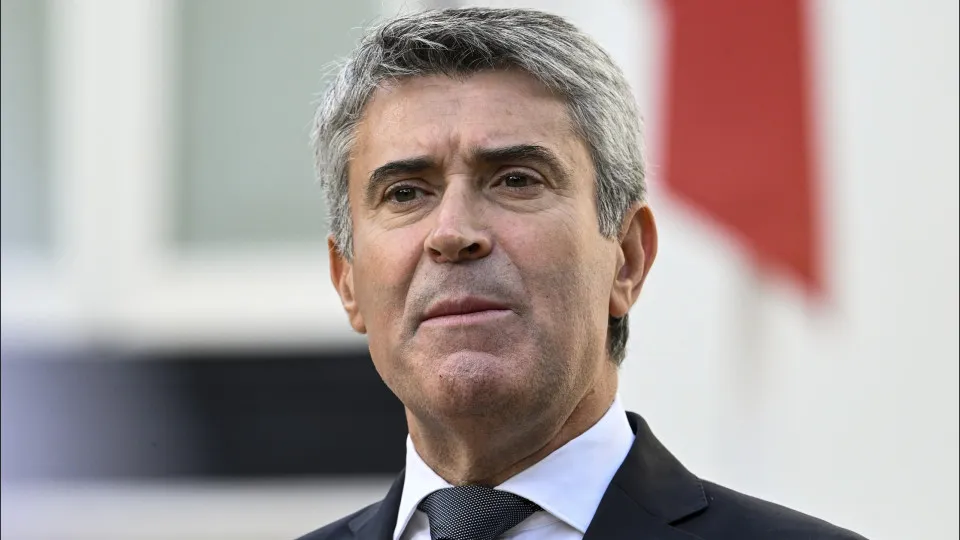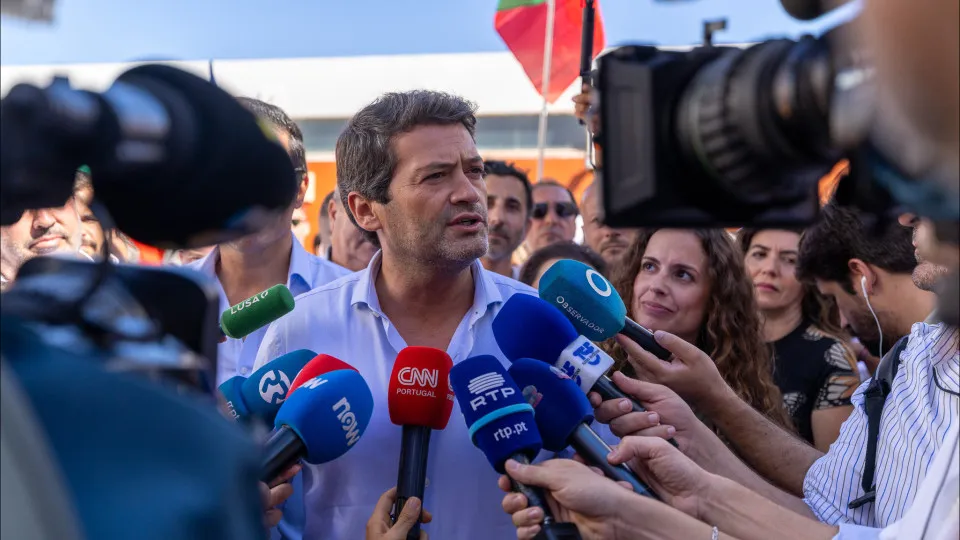
Former Justice Minister Francisca Van Dunem expressed concerns that the 2012 reform, which combined social reintegration and prison services under a single directorate, weakened the focus on reintegration. She shared these views during a debate panel at the conference “Artistic Practices in Prison Contexts” held today at the Calouste Gulbenkian Foundation headquarters in Lisbon.
Van Dunem cited financial constraints as a factor leading to a political emphasis on more critical areas, noting the significant impact of events such as prison riots or guard strikes, which often redirect funding towards the prison system. She suggested that separating social reintegration from prison services would be beneficial.
Reflecting on her time as minister, Van Dunem noted the transformative potential of the “Opera in Prison” project at the Leiria prison for young offenders, despite not witnessing it firsthand, as she interacted with participants during the project’s final presentation at the Gulbenkian’s Grand Auditorium.
During discussions on artistic practices in prisons, Van Dunem highlighted that in some countries, an institute has been created with professionals from Justice and Culture fields, recognizing art’s therapeutic role in prisons. This institute is designed to facilitate artistic activities within prison contexts through strategic partnerships.
“The prison system will never have enough funding for these programs. Partnerships are essential,” Van Dunem stated. She emphasized the institute’s role in identifying beneficial partnerships and collaborating with stakeholders to implement these projects.
Luís Vaz Couto, director of the Guarda Prison, corroborated the behavioral changes among inmates participating in artistic projects over the last 30 years at the facility. A university assessment of these projects confirmed a “significantly positive” impact.
Couto mentioned ongoing and upcoming social reintegration projects through art at the prison, underscoring the process’s educational value for participants and institutions alike. Sustaining these projects is seen as a future challenge.
The Calouste Gulbenkian Foundation, through the PARTIS and since 2020, the PARTIS & Art for Change programs, in partnership with Spain’s “la Caixa” Foundation, has enabled such projects. Financial support remains crucial, said Couto, stressing the importance of sustainable funding to deliver quality programs to the incarcerated population.
Van Dunem called for addressing the critical underfunding of the prison system, anticipating it will worsen over time. She noted the success of sociocultural activities in prisons often depends on the leadership of the Justice Ministry, the Reintegration and Prison Services general directors, and prison directors.
Couto stressed the role of volunteerism from artists and prison staff, highlighting the system’s reliance on individuals’ goodwill to improve conditions over the years.
Cultural mediator and project director Catarina Claro shared insights from four years of work at Funchal Prison. She observed improvements in inmates’ self-care and noted increased engagement from prison staff in suggesting new projects.
“Over time, we noticed an ecosystem-wide impact,” Claro reported.
The “Artistic Practices in Prison Contexts” event, organized by the Foundation and Acesso Cultura, aims to reflect on artistic projects’ role in prisons. Panels included artists, prison officials, legal experts, researchers, and project participants to share experiences, discuss challenges, and learn from artistic practices with incarcerated individuals.




